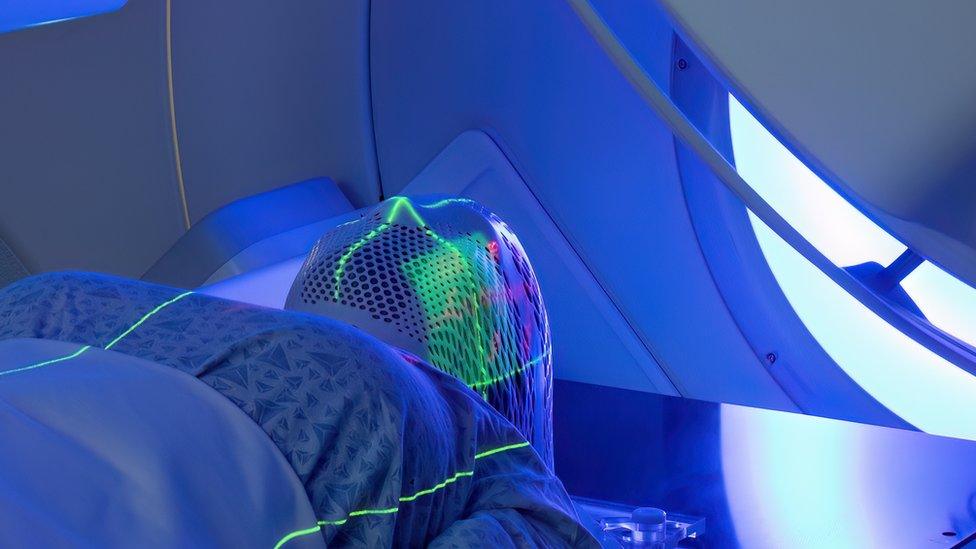The 10-minute test for childhood tumours
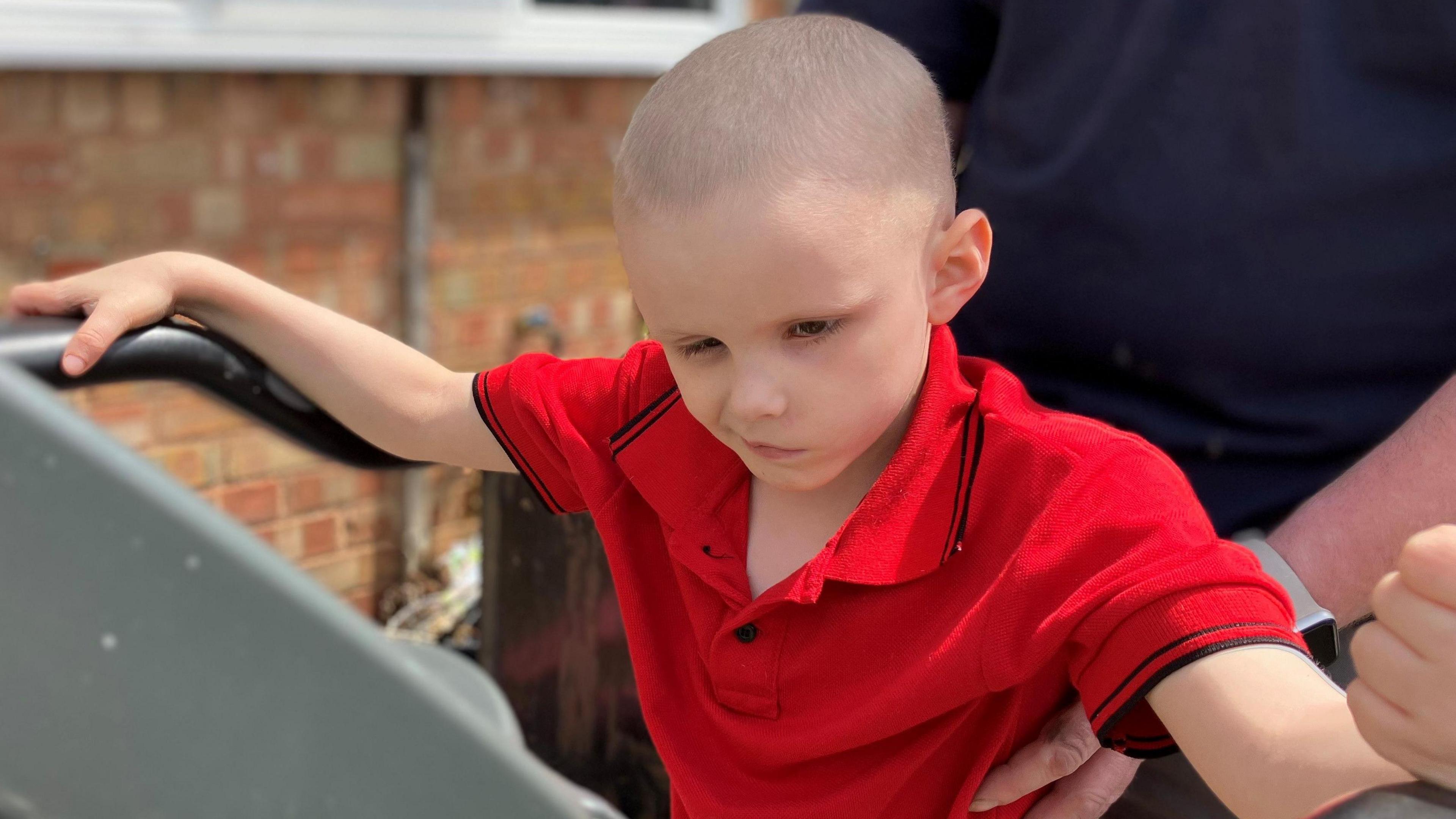
Six-year-old Jack underwent 10 hours of surgery
- Published
Children with cancer could have an accurate brain tumour diagnosis in 10 minutes, thanks to new research.
There are four types of medulloblastoma, the most common form of brain cancer, and treatment differs between patients.
Scientists at Birmingham University have accurately identified the chemical signature of each type of tumour using MRI scans.
Cancer Research UK hopes that quicker diagnosis could help improve outcomes for children with the disease.
A team of researchers took 86 tumour samples and used laboratory tests to identify chemical markers like a genetic fingerprint for each type of tumour.
The study published in eBiomedicine found that, using MRI scanners with artificial intelligence, it was possible to identify the tumour without the need for a biopsy.
This could sharply reduce the current four-week wait for a full diagnosis.
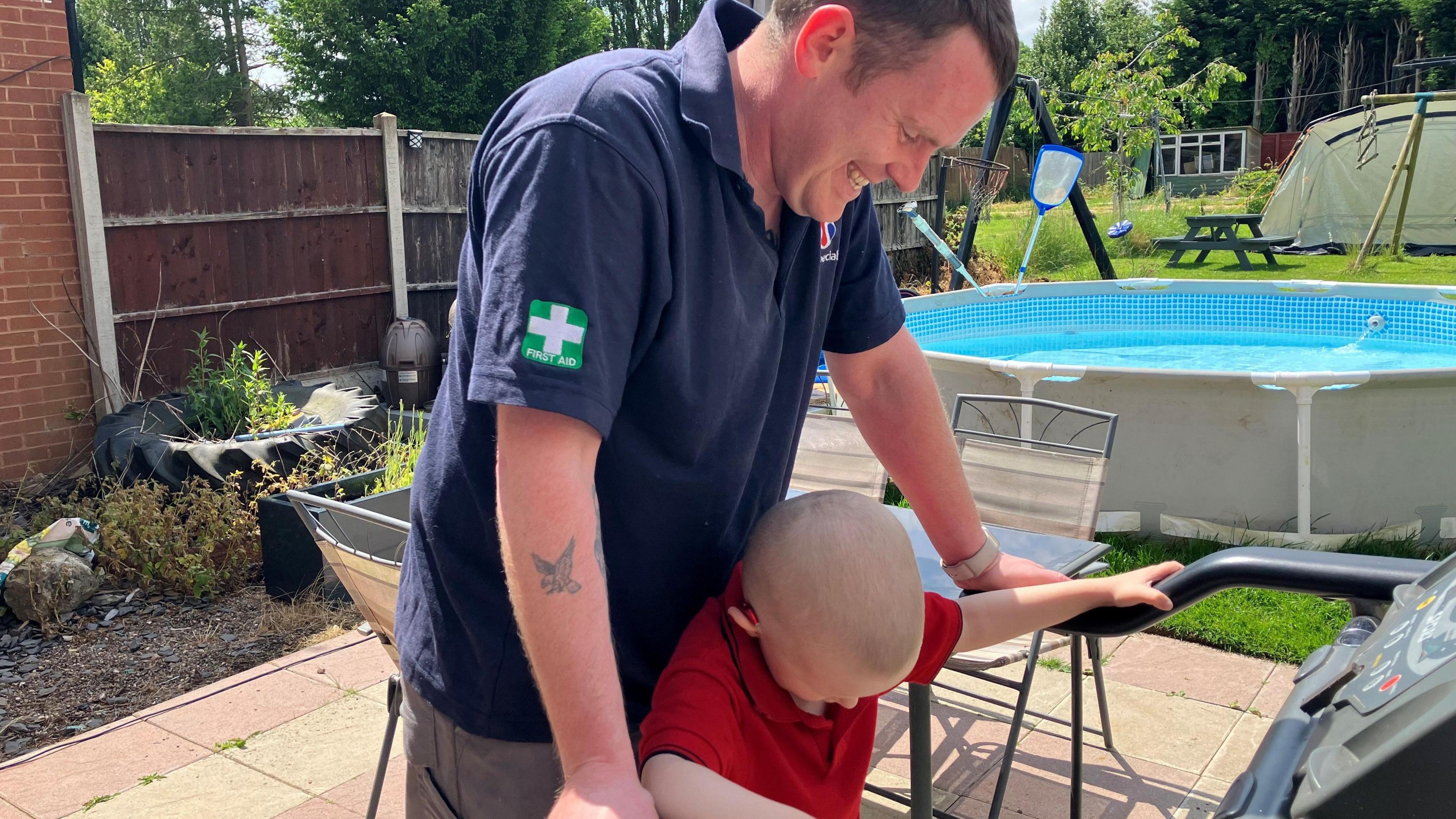
Jack has recently completed his treatment
Prof Andrew Peet who led the study at Birmingham Children’s Hospital, said: “Some people with medulloblastoma we are able to cure, but by no means all.
"Certainly the quicker we can start the best treatment for them, the better the chance that they are going to have.”
Six-year-old Jack, from Kings Heath in Birmingham, has just completed his treatment. He had a medulloblastoma the size of a cricket ball in his brain.
Following a 10-hour operation, it took a further four weeks to identify the type of tumour before 13 months of further treatment could begin.
Jack’s mum Suzanna, said: “I pretty much cried every day in the toilets or outside. I never let Jack see. It was hard.”
'Drive improved detection'
His dad, Tom, said they were happy to support the research in the hope it helps others.
“In Jack’s case, there was quite a delay while they sent his tumour to Great Ormond Street to be analysed," he said.
"But all you want is for your child to be given the best possible treatment right from the start.”
Dr Laura Danielson, children’s and young people's research lead at Cancer Research UK, said: “This discovery paves the way for the development of simple imaging tests that could quickly and accurately diagnose the different types of medulloblastoma.
"This kind of discovery is important to drive new and improved ways to better detect and treat cancers affecting children and young people.”
Prof Peet said he believes that identifying which chemicals are important for each type of brain tumour is a first step to finding new, targeted treatments for medulloblastoma, and hopefully a chance to create personalised, less-invasive treatments for children.
Follow BBC Birmingham on Facebook, external, X, external and Instagram. Send your story ideas to: newsonline.westmidlands@bbc.co.uk, external
More brain tumour research
- Published24 May 2024
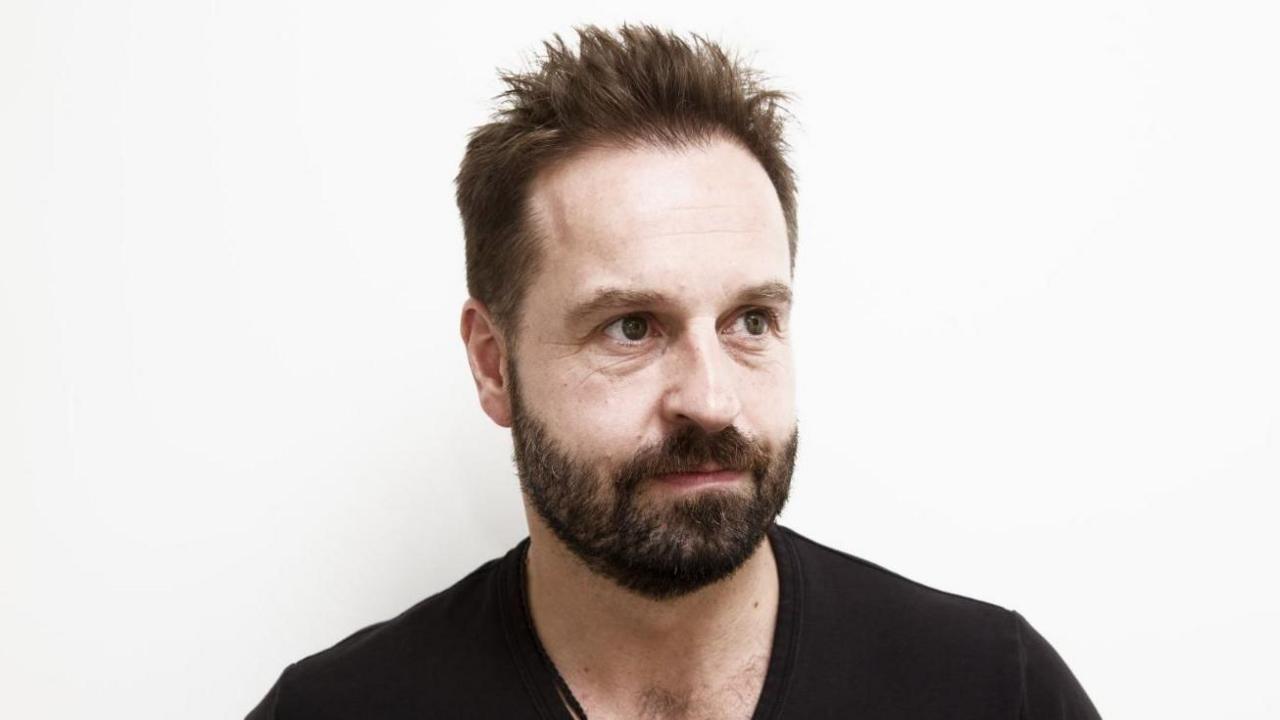
- Published23 April 2024
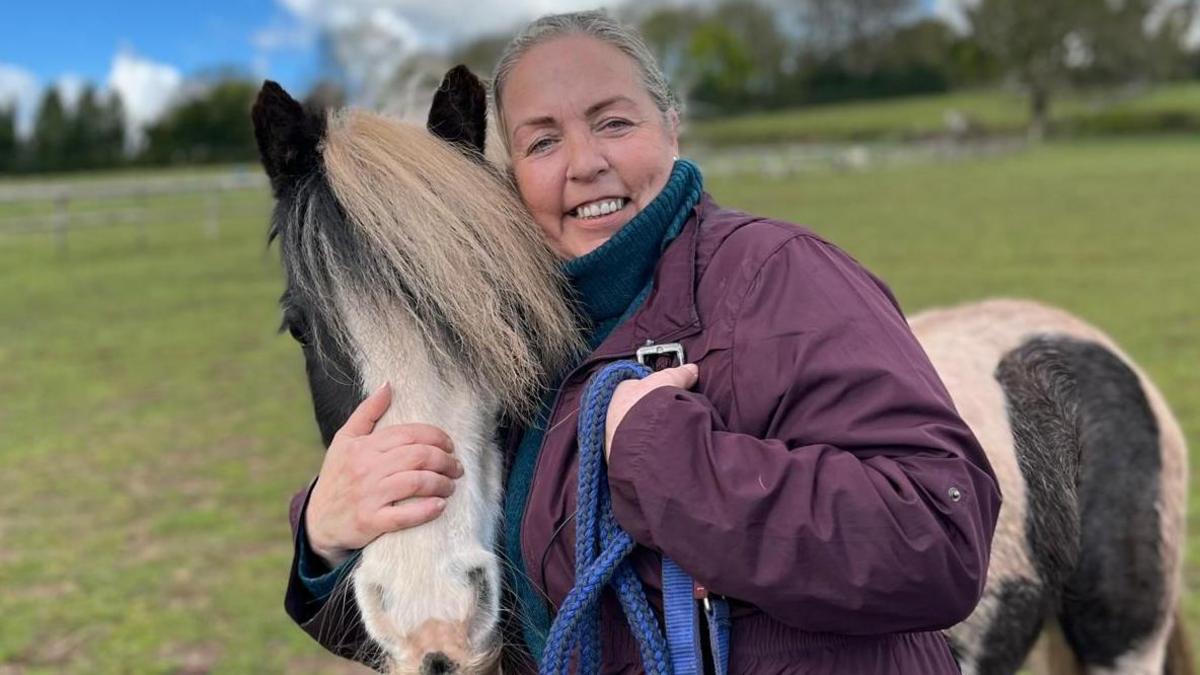
- Published20 February 2024
